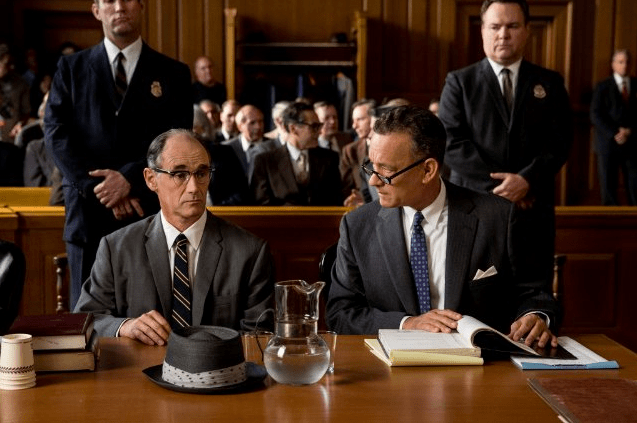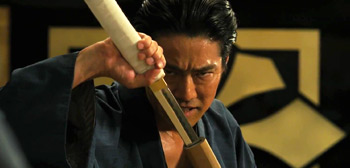A Single Man
Directed by Tom Ford
With fashion supremo Tom Ford at the helm, the very least you’d expect from this adaptation of Christopher Isherwood’s novel is a parade of gorgeous men in well-cut suits. There’s certainly enough Kennedy-era period detail here to satisfy the most ardent fan of Mad Men (along with an uncredited voice cameo from Jon Hamm). But the meticulously edited trailer gives no hint of the warmth and humour that underscore this potentially bleak meditation on love and loss.
 November 30th, 1962 may prove to be the final day in the life of George (Colin Firth), a middle-aged British college professor living in a picture-perfect Los Angeles suburb. But unlike his toothsome neighbours, George has no kids and, it would appear, nothing to live for. In a flashback we see him receiving a painfully awkward phone call about the sudden death of his long-term lover Joe (Matthew Goode). Months later, and still haunted by images of Joe’s lifeless body, George makes elaborate preparations to end his life.
November 30th, 1962 may prove to be the final day in the life of George (Colin Firth), a middle-aged British college professor living in a picture-perfect Los Angeles suburb. But unlike his toothsome neighbours, George has no kids and, it would appear, nothing to live for. In a flashback we see him receiving a painfully awkward phone call about the sudden death of his long-term lover Joe (Matthew Goode). Months later, and still haunted by images of Joe’s lifeless body, George makes elaborate preparations to end his life.
I’m not one of those who swooned over Firth’s petulant Mr. Darcy in the 1995 adaptation of Pride & Prejudice, and I’ve found it increasingly hard to relate to the dull, repressed, lovelorn Englishmen he often portrays. But here he’s a revelation. As George’s day unfolds, a series of reveries — erotic, nostalgic, humorous and sad — reveal the man behind the crisply suited exterior. Whether wryly observing his neighbours from the splendid isolation of his toilet seat, or lavishing praise on a bewildered secretary, Firth shows a welcome lightness of touch. And it’s not giving too much away to say that his later attempts to get to grips with a gun and a sleeping bag are hilarious.
 Ford’s film relies on two key supporting roles to flesh out George’s past and to hint at the possibility of a happy future. As Charley, a fellow Brit and close neighbour, Julianne Moore brilliantly conveys the fragility of a divorcée past her prime, who is now staring into the abyss through the bottom of a bottle of Tanqueray’s. She berates George for his inability to be the (straight) guy she needs, while he responds with humour, tenderness and tolerance. Meanwhile, student Kenny (Nicholas Hoult) is determined to draw the professor out of his self-imposed isolation with the possibility of a new friendship – or more.
Ford’s film relies on two key supporting roles to flesh out George’s past and to hint at the possibility of a happy future. As Charley, a fellow Brit and close neighbour, Julianne Moore brilliantly conveys the fragility of a divorcée past her prime, who is now staring into the abyss through the bottom of a bottle of Tanqueray’s. She berates George for his inability to be the (straight) guy she needs, while he responds with humour, tenderness and tolerance. Meanwhile, student Kenny (Nicholas Hoult) is determined to draw the professor out of his self-imposed isolation with the possibility of a new friendship – or more.
Can a film be just too good-looking? Some may find the shifts from George’s deliberately dull and desaturated world to moments of glowing Technicolor too self-consciously arty. The single black and white sequence with George and Joe showcases Matthew Goode’s chiseled good looks but otherwise seems jarring. What really impresses is the way the script, co-written by Ford and David Scearce, sidesteps the maudlin and the pretentious to show us how ridiculous we can be, even in our darkest moments. I’m almost ready to forgive Colin Firth for his brace of dismal Darcys, though not for his tuneless warbling in Mamma Mia.
Susannah Straughan





